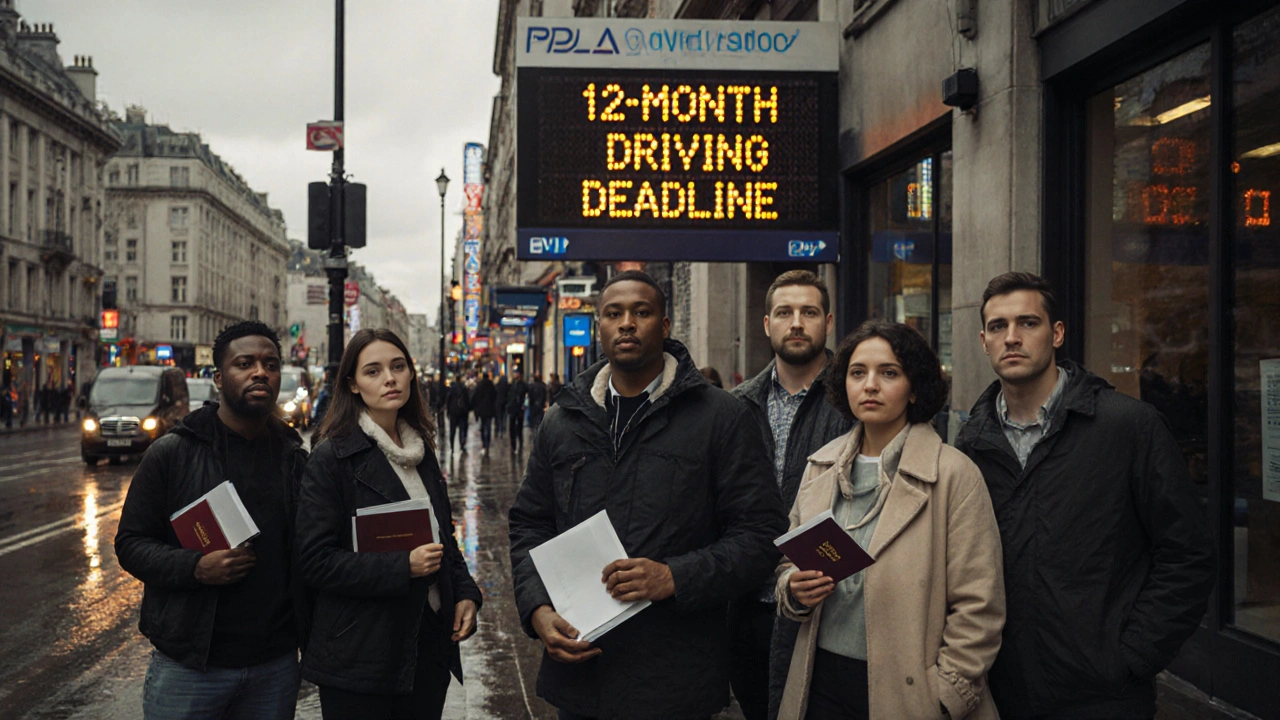UK Driving Rules for Expats
When you move to the UK, UK driving rules for expats, the set of laws and requirements that govern how non-residents operate vehicles on British roads. Also known as driving regulations for foreigners in the UK, these rules aren’t just about fines—they’re about safety, legality, and avoiding months of hassle. If you’re coming from the EU, the US, Australia, or anywhere else, your foreign license might work for a while—but only if you follow the exact timeline and paperwork. Miss a deadline, and you could be driving illegally, even if you’ve been behind the wheel for decades.
One of the biggest surprises for expats is how short the grace period is. Most visitors can drive on their foreign license for up to 12 months after becoming a UK resident. After that, you must exchange it for a UK license—or stop driving. Countries like Australia, Canada, and Japan have straightforward exchange processes, but others, like the US, require you to take both a theory and practical test. Don’t assume your license is good forever. The DVLA doesn’t send reminders. You have to track it yourself. And if you’re driving in London, you also need to know about the Congestion Charge, a daily fee for driving in central London during weekday hours. It’s not optional. Cameras catch you. And the fine is £180, not £15.
Then there’s the UK road signs, the standardized symbols and markings that tell drivers what to do, from roundabouts to pedestrian crossings. They’re different from what you’re used to. No left-turn arrows on red? That’s normal here. Speed limits are in miles per hour, not kilometers. And speed cameras? They’re everywhere—on poles, on bridges, even on the side of the road. You can’t rely on apps to warn you. The law says you must obey the posted limit, even if no camera is visible. And don’t forget the rules around mobile phones: holding your phone while driving—even at a red light—is illegal. That’s a £200 fine and six points on your license. One mistake, and you could lose your right to drive.
Insurance is another trap. Many expats think their home country policy covers them in the UK. It doesn’t. You need a UK-based policy, and insurers ask for proof of address, residency status, and sometimes even your driving history from your home country. If you’re new to the UK, expect to pay more. But you can lower it by adding a named driver with a clean UK record, or by choosing a car in a lower insurance group. And yes, you’ll need to show proof of insurance if you’re pulled over. No paper copy? No problem—but your digital version must load instantly on your phone. No excuses.
What you’ll find below are real, tested guides from people who’ve been through this. Whether you’re trying to exchange your license, understand roundabout etiquette, avoid the Congestion Charge, or figure out if you can drive a right-hand car in the UK, these posts cut through the noise. No fluff. No outdated advice. Just what actually works for expats living in London and beyond.
